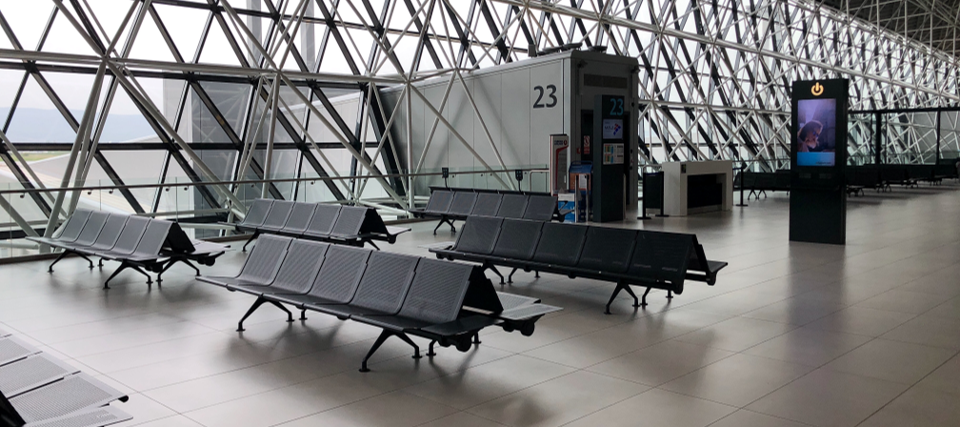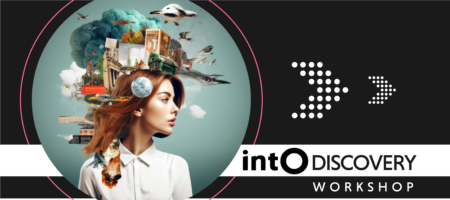Working in the current climate is difficult; that’s the first thing I want to say. ‘Business as usual’ for most of us – and particularly for a global insights company – is simply not possible when unnecessary risks must be avoided to protect lives.
During the pandemic’s outbreak, we were working on two projects in East Asia that had the potential to be severely affected. Many swift changes had to be implemented to ensure that our work continued effectively, while respecting emerging protocols. It wasn’t easy. Our processes had to be continuously adapted to allow for arising travel restrictions and evolving emotional, personal and societal considerations. And we had to work as a team – tightly aligned with our clients, partners, participants and each other – with a great deal of courage, pragmatism and creativity.
Reflecting on these experiences now, I can see that it was our team allegiance that enabled both projects to progress to successful outcomes. Five clear principles emerged as a result of this collaboration that intO will take forward into all future projects (pandemic or not!), and I thought it would be helpful to share them here.
Principle 1 | Assess attitudes towards uncertainty
Exploring the attitudes that clients and partners have towards uncertainty at the outset of a new relationship or project will help to determine their potential reactions to it. Reactions to unpredictable forces can include total denial or complete paralysis. While at the other end of the spectrum, some individuals and organisations seem to thrive in unforeseen scenarios, embracing volatility as an opportunity to innovate at pace or learn from fast-failure. Asking clients to consider and discuss possible scenarios early on in a project, enables you to gauge potential reactions later on. This also allows you to devise and agree contingency plans that sit within the client’s comfort zone, and can be implemented swiftly if needed. The earlier you can prepare, the better.
In the case of our research project in China, the client was a key player in the aviation industry – a sector known for being resilient, adaptable and innovative. We had established that our client stakeholders were comfortable with trial-and-error approaches. So, whilst we couldn’t have predicted that travel restrictions would prevent us from conducting our planned fieldwork in China, when they arose we felt confident presenting our [quite radical] solutions, and as a result, the project progressed with minimal delay.
Principle 2 | Evaluate options and priorities together
Having prior awareness of the priorities attached to a project is vital when it comes to navigating changing circumstances. While we always work from the position that output quality must never be sacrificed, there are usually other available compromises. Deadlines might be firm or flexible, depending on the scope and overall timeline. Agreed budgets can be reviewed and potentially increased, if that’s what’s required to overcome adversity and avoid more substantial cost implications further down the line. The extent to which a stakeholder is engaged with the process (first-hand experience during data collection, for example) also varies in importance, depending on the objective of the research. We’ve been reminded that having a clear understanding of a project’s priorities, and the interplay between them, is key if you find yourself in the position of having to pivot and re-plan.
In the case of our research project that was scheduled to deploy in Japan, the deadline and client engagement were established as key priorities. Therefore, when we were unable to travel to Japan with our UK-based client, we knew that any contingency plan had to facilitate client involvement with the research sessions. Our Local Expert, who was already based in Japan, facilitated the research sessions there as planned, but uploaded the session recordings at the end of each day. Meanwhile, we recruited a Japanese Local Expert to work out of our client’s London office. Taking time zones into account, this meant that the client team could review the sessions each morning with a native Japanese speaker to translate, enabling meaningful engagement with the cultural context.
Principle 3 | Empathise and share optimism
This pandemic is an emotional journey for all of us. So we found it essential to look at the unfolding situation from the perspective of the stakeholders: our client, agency partner and the research participants. This was especially relevant when working with colleagues and participants in regions that were experiencing different stages of the COVID-19 curve. So we added a layer of patience to our expectations and made allowances for delays and imperfections. In fact, imperfections can often deliver unexpected benefits and this fact has been reinforced for us. We had to abandon the possibility of face-to-face interviews with business travellers, who were under lockdown in China, and run online interviews instead. We found that participants were particularly generous with their time when sharing their experiences, as they had far more time than usual – and were perhaps craving social interaction.
Principle 4 | Adopt a mid-term vision
When uncertainty kicks in, there is a tendency to start looking for short-term solutions. Clients might be tempted to switch to this default, de-prioritising innovation and postponing any activity that serves a mid-to-long-term vision. While this is understandable, it’s really important to discuss post-COVID-19 scenarios, and to consider strategies for exploring the new terrain we’ll find ourselves in. It’s uplifting to be talking to organisations about where they want to be when everything calms down. We’re encouraging clients to think ahead to what they will have learnt from getting through this experience, and how best to leverage the advantages this new knowledge will bring. We’re asking them whether they want to emerge from the crisis in the same position they are now, or whether they want to use this time to get one step ahead.
From intO’s own perspective, this crisis has forced us to further hone our remote processes and provided us with new case studies that demonstrate the effectiveness of these remote methods. It has also created a timely opportunity to pick up the phone and strike up conversations with clients, partners and contacts about what’s next for them.
Principle 5 | Communicate remote advantages
With a global team spread across 50+ countries, remote working has always been a habitual way of working at intO and helps us to be more connected than has ever been physically possible. Since social distancing came into force, more people are becoming familiar with working remotely. The current situation has enabled us to demonstrate the benefits of remote methods to our clients and partners, reminding us that it’s a principle we should introduce at the beginning of all engagements.
In the case of our research project in China, we were able to recruit a better selection of participants because we were not bound to being physically present in particular Chinese cities. During the project that was taking place in Japan, we were able to include client stakeholders in the process who would otherwise not have been involved, and this facilitated valuable cross-pollination in terms of knowledge and experience.
The structure of intO revolves around a vast team of Local Experts who live and work across five continents of the world. The ability to work with these team members remotely, is what differentiates intO and the pandemic crisis has taught us that we should be more forthright, going forward, about communicating this strength.
At the time of writing, the coronavirus continues to sweep through new regions across the world, and Japan and China are threatened with a second wave of infections. We will all need to weather major, unpredictable shifts as we help to assist our clients, partner organisations and teams to innovate through the inevitable after-shocks of this global crisis. However, having had some early dealings with the professional challenges posed by COVID-19, I am optimistic that the five principles outlined here, will support our work with innovators and help us to build stronger relationships than ever before.
(Photo by Jacques Le Gall on Unsplash)
Posted on April 2nd, 2020
Business Publications Innovation Social Change Research



